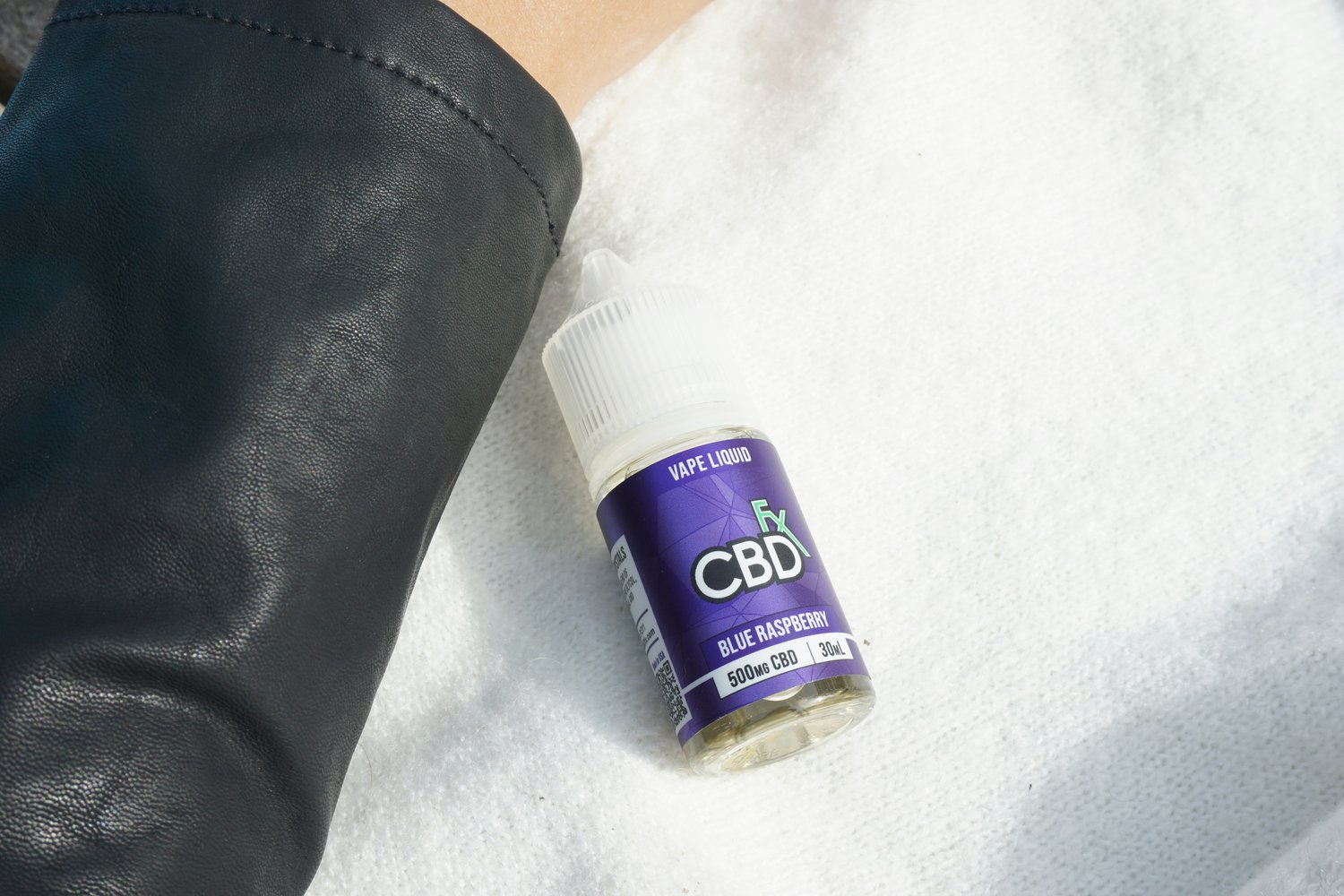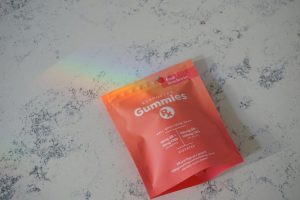Image: https://unsplash.com/photos/a-small-purple-bottle-XgiGZ5qhW0E
CBDa (cannabidiolic acid) is a cannabinoid that you may not have heard much about. While the world seems fascinated by CBD, CBDa has received relatively little media attention. CBDa is the original form of CBD prior to decarboxylation.
This process occurs when hemp flower or cannabis is heated, changing its chemical structure. While both plants contain CBDa, a higher amount of CBDa is naturally present in hemp flowers.
The “acid” is no longer present, so the cannabinoid is structurally different once the carbon chains in the plant have been removed with the heat. How is it different from CBD, and what are the benefits of this mysterious cannabinoid?
CBDa vs CBD
CBD has been more extensively researched than CBDa for its role in promoting better sleep. For those seeking to conveniently access the benefits of CBD for better sleep, trusted online weed delivery service near me provides an excellent solution.
Health benefits of CBDa
CBDa carries a lot of health benefits, from controlling seizures to offering anti-inflammatory effects. Let’s take a look at some health benefits of CBDa:
It may help to control seizures in epilepsy patients
CBD burst onto the pharmaceutical scene as the principal ingredient in the anti-seizure medication Epidiolex. In biokinetic testing, CBDa was found to provide faster onset and enhance bioavailability, representing an improvement on the original Epidiolex formulation. Some US clinicians are having great success treating their epilepsy patients with CBDa.
It may promote better sleep and relieve stress
Like CBD, CBDa can also help to reduce anxiety and stress, which may contribute to restful sleep. In addition, anecdotal evidence suggests that many people find CBDa helpful for promoting mental calm and balance in response to anxiety and stress.
It has anti-nausea effects
We understand the neurotransmitter serotonin as a bodily compound that regulates our moods. However, serotonin does a lot of heavy lifting around the body, including its role in bodily functions like vomiting.
One study indicates that CBDa binds with 5-HT1A serotonin receptors much more profoundly than CBD. This exciting discovery could revolutionize medications for people struggling with motion sickness, but also for those who’ve ingested toxins.
Animal studies concluded that CBDa may suppress the symptoms of nausea and vomiting even when taken in low doses paired with THC. This is due to its interactions with the 5-HT1A receptor. However, more research is needed to determine the efficacy of CBDa in humans.
It may suppress metastasis in cancer cells
Because CBDa is a Cox-2 inhibitor, its candidacy as an anti-tumor agent is now being seriously considered. Breast cancer is indicated by an abnormal accumulation of Cox-2. In the linked study, CBDa was administered over 48 hours.
Over that period, the cannabinoid was seen to suppress Cox-2 and to additionally impede the ld-1 protein, known to encourage cancer cell proliferation through the development of tumors. CBDa was found to suppress metastasis in breast cancer in active cases in the same study.
It has anti-inflammatory properties
CBDa’s increasing reputation as an anti-inflammatory is due to its status as a selective Cox-2 inhibitor. Cox-2 enzymes cause inflammation and are normally treated with OTC preparations like NSAIDs. But, the long-term use of these drugs is known to have serious side effects, like liver damage.
Researchers are focusing on CBDa as an alternative to NSAID anti-inflammatories and a non-harmful solution. This is a hopeful development for those with chronic pain disorders and persistent inflammation issues.
It may help in mood regulation
However, CBDa doesn’t interact with the endocannabinoid receptors the way CBD interacts but has a greater affinity to the 5-HT1A receptor than CBD. This receptor is engaged in the anti-anxiety effects of antidepressants. Serotonin, or 5-hydroxytryptamine (5-HT), plays a crucial role in mood regulation.
A recent animal study showed that rats exposed to stress showed improved mood and reduced anxiety after receiving CBDa. In comparison, control rats that were not subjected to stress showed no significant changes in mood.



